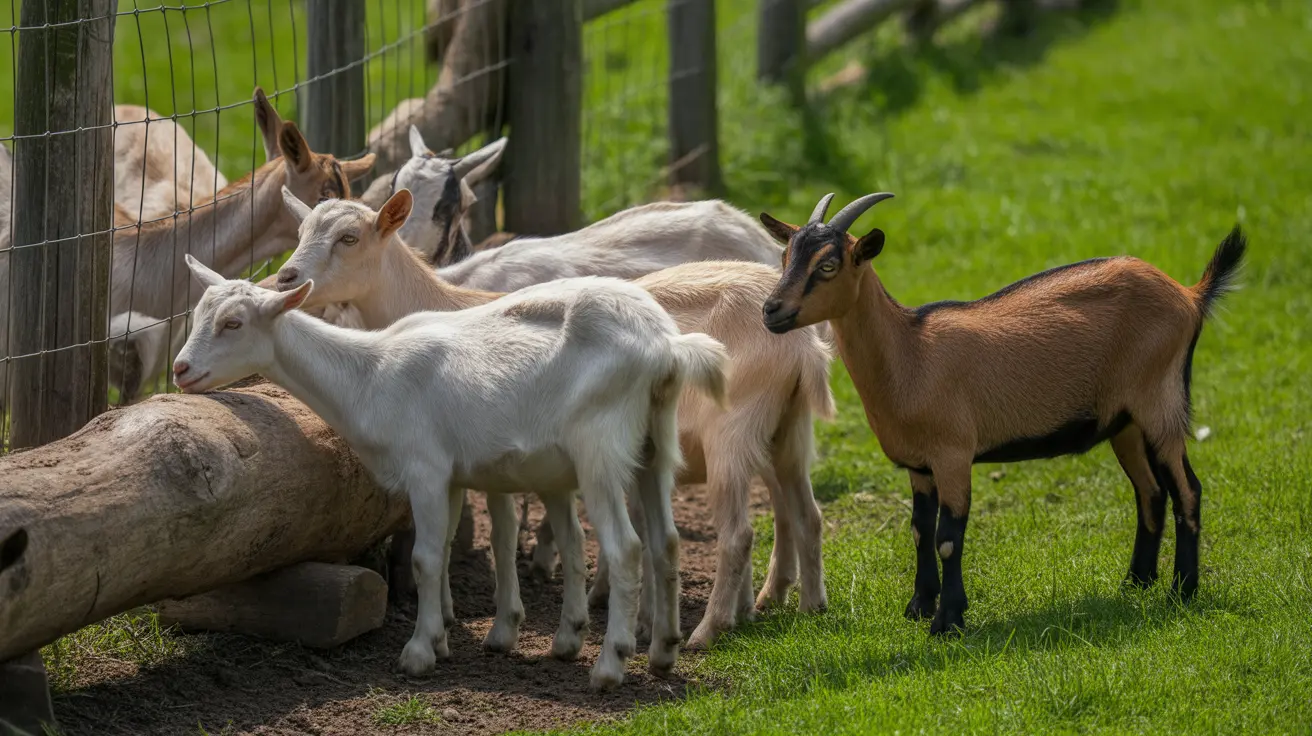Can Dogs Eat Shelled Pistachios? What Pet Owners Should Know
Pistachios are a popular and healthy snack for humans, packed with protein, fiber, and essential nutrients. But can our canine companions safely enjoy pistachios—especially if they’re unshelled and unseasoned? The answer is more complex than a simple yes or no. While pistachios aren’t inherently toxic to dogs, several considerations may make them unsuitable as a regular treat.
Are Shelled Pistachios Safe for Dogs?
Technically, shelled pistachios are not directly toxic to dogs. If a dog consumes a very small number of plain, unsalted pistachios without the shell, most healthy dogs are unlikely to suffer serious consequences. However, that doesn’t mean they are an ideal treat. The risks largely outweigh the benefits, especially when consumed frequently or in large quantities.
Potential Health Hazards of Pistachios for Dogs
Here’s a closer look at the main reasons caution is advised:
- High Fat Content: Pistachios are naturally high in fat, which can lead to gastrointestinal upset, obesity, and even pancreatitis, especially in dogs with sensitive stomachs or a history of dietary issues. Pancreatitis is a painful and serious condition that requires veterinary care.
- Risk of Aflatoxin: Moldy pistachios can contain aflatoxin, a toxin produced by the Aspergillus mold. This substance is harmful to dogs and could cause symptoms such as vomiting, lethargy, jaundice, or even liver failure in extreme cases.
- Salt and Seasoning Issues: Many pistachios sold commercially are salted or flavored. Excessive salt can lead to dehydration, kidney issues, vomiting, and diarrhea in dogs.
- Allergic Reactions: Pistachios contain urushiol, the same compound found in poison ivy, potentially causing irritations or allergy-like reactions around a dog’s mouth and face.
Choking Hazards and Shell Dangers
While this article focuses on pistachios without the shell, it’s worth highlighting that pistachio shells are a choking risk and can lead to intestinal blockages, particularly in smaller breeds. Dogs may attempt to swallow whole nuts, and undigestible shells can cause serious gastrointestinal obstruction that may require surgical intervention.
When Can Dogs Have Pistachios?
If you're choosing to offer your dog an occasional pistachio, follow these safety guidelines to minimize health risks:
- Only offer plain, unsalted, shelled pistachios
- Limit the amount—1 nut for toy breeds, a few for medium to large breeds, offered rarely
- Avoid giving pistachios as a regular snack
- Ensure nuts are stored properly to prevent mold contamination
- Monitor for symptoms such as vomiting, diarrhea, or lethargy after ingestion
- Never feed pistachio shells or seasoned/moldy nuts
What to Do if Your Dog Eats Pistachios?
If your dog eats a small number of shelled, plain pistachios, chances are they’ll be fine. However, if larger quantities or shelled pistachios are consumed—or if your dog exhibits signs of distress—seek veterinary attention promptly. Symptoms to watch for include:
- Vomiting or diarrhea
- Excessive thirst or lethargy
- Jaundice (yellowing of the skin or whites of the eyes)
- Abdominal pain
- Seizures (in rare but serious cases)
Why Not Offer Other Treats Instead?
While pistachios have some nutritional benefits—like providing protein, fiber, antioxidants, and vitamins such as B6 and thiamine—there are many safer alternatives tailored to canine digestion:
- Carrot sticks
- Apple slices (without seeds)
- Green beans
- Plain, cooked chicken breast
These snacks offer vitamins and fiber without the high fat content or associated risks of nuts. Remember, dogs thrive on a balanced, meat-based diet designed to meet their species-specific nutritional needs.
Nuts Dogs Should Absolutely Avoid
- Macadamia Nuts: Highly toxic to dogs
- Black Walnuts: Can cause seizures and gastrointestinal issues
- Pecans: Risk of mold exposure and digestive upset
Peanuts and cashews are generally safer in small moderation but should still be unsalted and unflavored.
Final Thoughts
While it's not the end of the world if your healthy adult dog eats one or two plain pistachios, it's not a food we recommend routinely. The risk of fat-related illness, aflatoxin exposure, and allergies is too high for the minimal nutritional reward.
If you're unsure about introducing any new food—especially human snacks—to your dog's diet, it's always best to consult with a veterinarian. They can guide you on what treats are safe given your dog’s size, health conditions, and dietary history.





